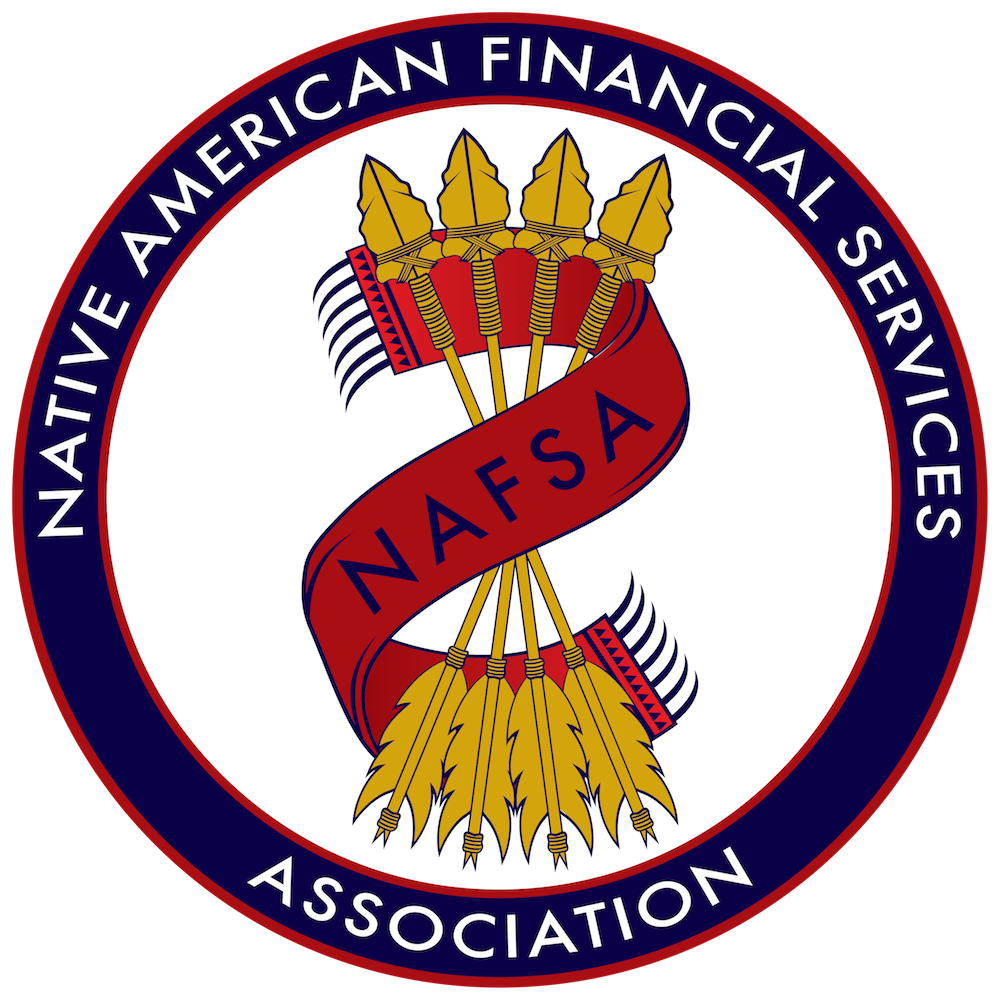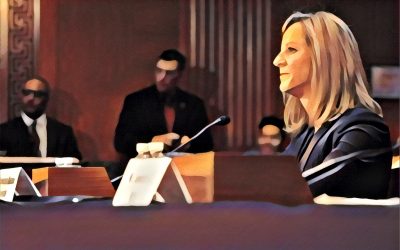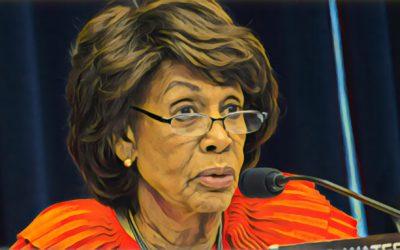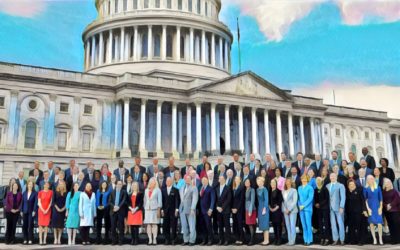The Latest Financial News
CFPB Director Sends Memo to Staff Urging Open Minds
Kathy Kraninger, the newly-installed director of the Consumer Financial Protection Bureau (CFPB), sent around a memo to staff that was obtained by the American Banker. In the email, Kraninger urged staff to “vigorously enforce the law” without presuming guilt.“We must...
Maxine Waters Says She Will Focus on CFPB in 2019
Representative Maxine Waters (D-CA-43), who will head the House Financial Services Committee in 2019, stated in a recent interview that her priority for the next two years will be to “try and undo the damage that [Mick Mulvaney] has done” to the Consumer Financial...
Native Americans Make History in New Congress
The 116th Congress came to order at noon today, beginning at least two years of divided government with Republicans in control of the Senate and Democrats in control of the House of Representatives. Four Native Americans, Reps. Tom Cole (R-OK-4), Sharice Davids...
Why NAFSA?
There are more than 570 federally-recognized tribes in the United States, many of whom are spread across in diverse areas. This has left a need for other tribal economic development opportunities to create sustainability and jobs on Native American reservations.
Tribal Financial Services:
![]() Create jobs & economic development on tribal lands
Create jobs & economic development on tribal lands
![]() Increase the financial independence of tribes
Increase the financial independence of tribes
![]() Deploy sovereignty & bolster tribal self-determination
Deploy sovereignty & bolster tribal self-determination

The Impact of Tribal Financial Services
Coming from a history of staggering unemployment rates, limited opportunities, and lack of access to fundamental resources, Native American tribes began online lending businesses to create real change for the future. Internet commerce has been a vehicle for supporting economic growth, tribal services, and tribal development. These are their stories.
Our Mission
To advocate for tribal sovereignty, promote responsible financial services, and provide better economic opportunity in Indian Country for the benefit of tribal communities.




